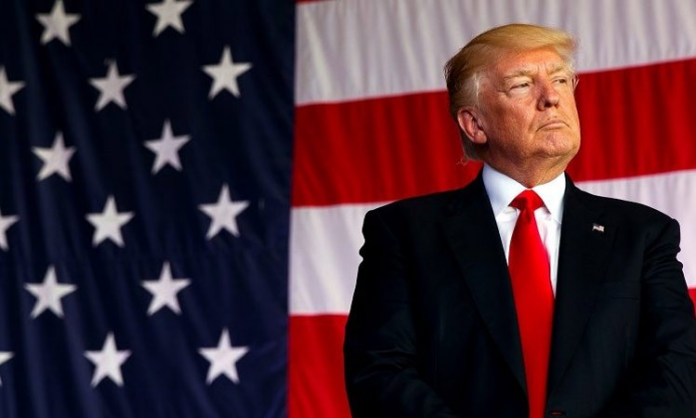President Donald Trump has announced new restrictions on the entry of certain foreign nationals into the United States, citing the need to protect the country from foreign terrorists and other national security and public safety threats.
The measures, detailed in a White House fact sheet released this week, represent a continuation of the administration’s efforts to tighten U.S. immigration policy in the name of national security.
According to the White House, the new policy targets individuals from countries deemed to pose heightened risks due to inadequate information-sharing or security screening procedures. The administration argues that these restrictions are necessary to prevent the entry of individuals who may seek to harm Americans or undermine U.S. interests.
Trump’s proclamation fully restricts and limits the entry of nationals from 12 countries found to be deficient with regards to screening and vetting and determined to pose a very high risk to the United States: Afghanistan, Burma, Chad, Republic of the Congo, Equatorial Guinea, Eritrea, Haiti, Iran, Libya, Somalia, Sudan, and Yemen.
The proclamation also partially restricts and limits the entry of nationals from seven countries that pose a high level of risk to the United States: Burundi, Cuba, Laos, Sierra Leone, Togo, Turkmenistan, and Venezuela.
It includes exceptions for lawful permanent residents, existing visa holders, certain visa categories, and individuals whose entry serves U.S. national interests.
The fact sheet noted that the restrictions are based on security assessments and are not intended to target individuals on the basis of religion or ethnicity.
The administration states that the policy will be reviewed regularly and adjusted as foreign governments improve their security practices and information-sharing with U.S. authorities.
The new restrictions are expected to take effect immediately, with federal agencies directed to implement the necessary screening and enforcement procedures at U.S. ports of entry.
The White House has indicated that it will continue to monitor global security developments and adjust immigration policies as needed to address evolving threats.




